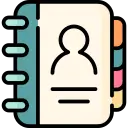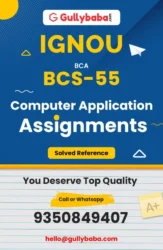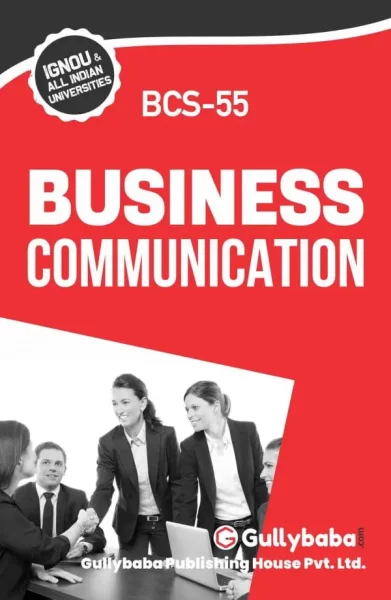-
Sale!
BCS-55
Business Communication
₹40.00 – ₹100.00Bought by : 3914 StudentsIn Stock Only 0 left ! -
Sale!
BCS-51 + BCS-52 + BCS-53 + BCS-54 + BCS-55
IGNOU BCA Computer Application Combo
Bought by : 2657 StudentsIn Stock Only 0 left ! -
Sale!
BCS-55
Business Communication
Bought by : 2118 StudentsIn Stock Only 0 left !






